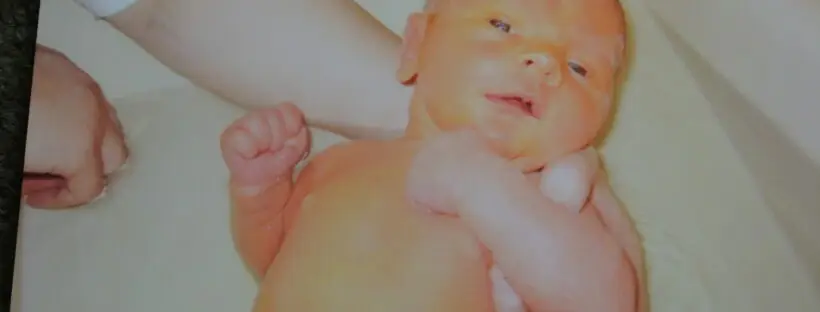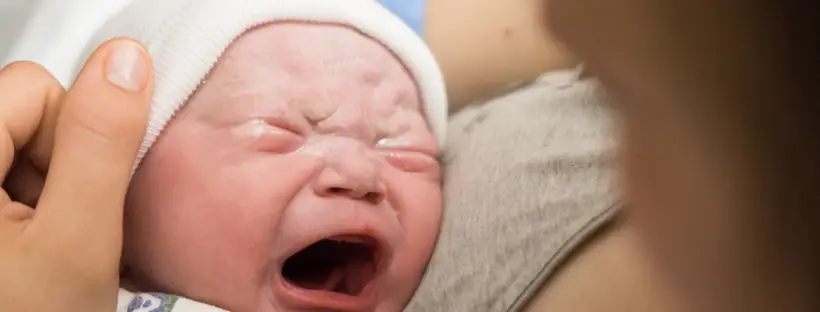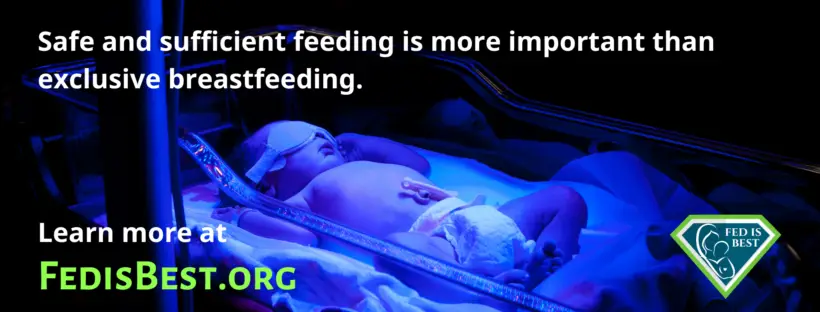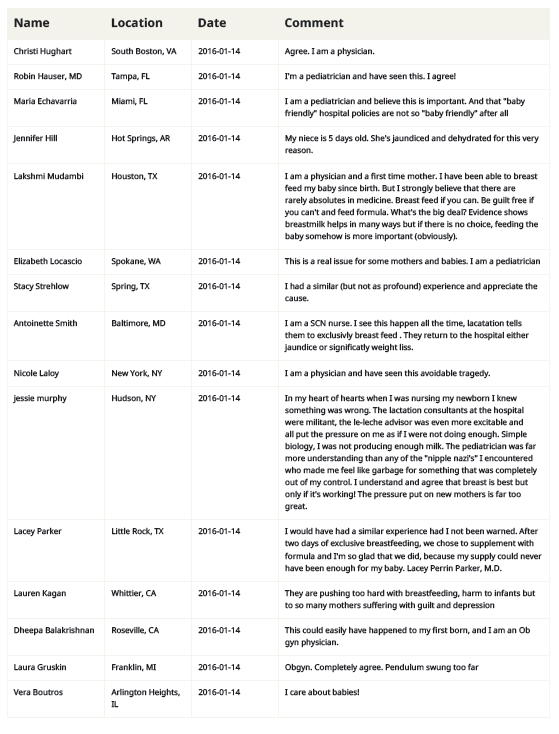By Alex Fischer, PhD Candidate, Brooke Orosz, PhD, Jody Segrave-Daly, RN, IBCLC, Lynnette Hafken, MA, IBCLC and Christie Del Castillo-Hegyi, M.D.
Any good magician will tell you that the secret to their trade is misdirection—making the audience look one way while doing something the other way. And even knowing this, most of us are still baffled by a magician’s tricks. So it’s no wonder that Baby-Friendly USA (BFUSA) has tried to employ that same tactic in their statement titled “Fact vs FIB: The Impact of Baby-Friendly on Breastfeeding Initiation Rates.” In this statement written by an anonymous author representing BFUSA, they attempt to dispute the findings of a recent study published in Journal of Pediatrics, “Outcomes from the Centers for Disease Control and Prevention 2018 Breastfeeding Report Card: Public Policy Implications” by Bass et al. This study examines the impact of statewide breastfeeding initiation rates as well as the impact of BFHI facilities on continued breastfeeding after hospital discharge (exclusive or combination). The Fed is Best Foundation read this study and agreed: “Baby-Friendly does not work.” These five words are the instigators of the entire statement by BFUSA and its misrepresentation of a very robust scientific study. Continue reading






